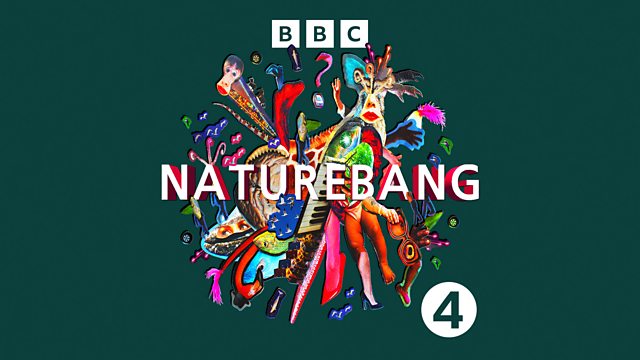Killer Whales and the Mystery of the Menopause
Why do we - and a few species of whale - have a menopause? And what does it say about our need for grandmas?
Becky Ripley and Emily Knight dive into the underwater world of killer whales, where tight-knit family pods are led by the eldest post-reproductive matriarch, to better understand why we have a menopause.
Matriarchal killer whales usually stop being able to reproduce in their thirties or forties, but continue to live for decades longer. This phenomenon of having a long post-reproductive life is known only to exist in 5 species: killer whales, narwhals, beluga whales, short-finned pilot whales, and humans. That’s it. Females across the rest of the animal kingdom can keep reproducing into old age, many until their dying days.
So why? If the success of a species lies in its ability to breed and pass on its genes, why have we – and a few species of whale – evolved this seemingly counter-productive thing that stops us being able to do that? What's the point of it? And what does it say about our need for grandmas?
Featuring Prof. Darren Croft, Professor of Animal Behaviour at the University of Exeter, and Dr. Brenna Hassett, Biological Anthropologist at UCL and author of Growing Up Human. Produced and presented by Emily Knight and Becky Ripley.
Last on
More episodes
Broadcasts
- Tue 19 Sep 2023 13:45Βι¶ΉΤΌΕΔ Radio 4
- Sat 15 Jun 2024 05:45Βι¶ΉΤΌΕΔ Radio 4 FM
- Thu 20 Jun 2024 09:45Βι¶ΉΤΌΕΔ Radio 4 FM
Podcast
-
![]()
Naturebang
Making sense of what it means to be human by looking to the natural world.


